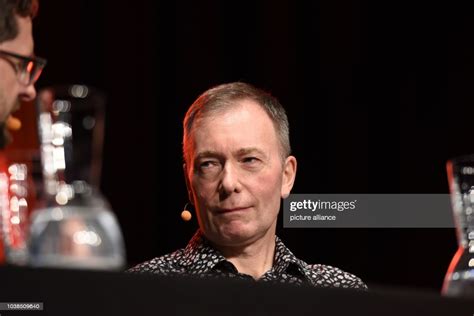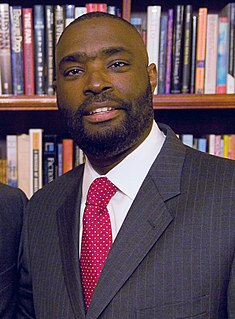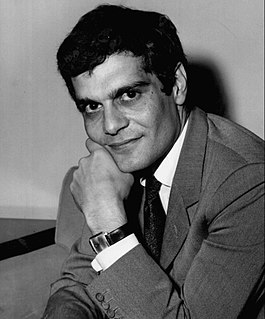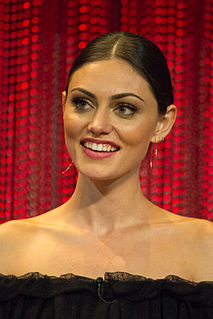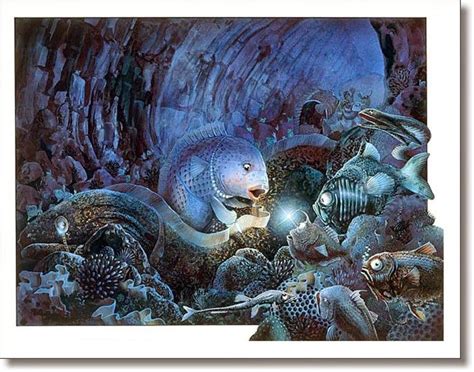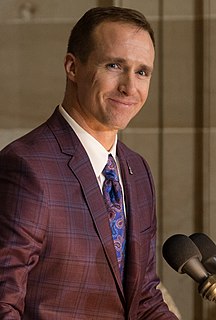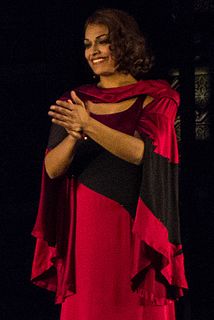A Quote by Michael Marmot
I was born in North London, migrated to Australia when I was four. So when I first came to Australia people saw me as a little English boy. Over the years that feeling of being a little English boy diminished and I felt much more Australian.
Related Quotes
Well, English is no problem for me because I am actually English. My whole family are English; I was brought up listening to various forms of the English accent. Obviously there are more specific ones that get a little bit tricky. Same with American stuff. But because in Australia we're so inundated with American culture, television, this that and the other, everyone in Australia can do an American accent. It's just second nature.
Both my parents are English and came out to Australia in 1967. I was born the following year. My parents, and immigrants like them, were known as '£10 poms.' Back then, the Australian government was trying to get educated British people and Canadians - to be honest, educated white people - to come and live in Australia.
Who will cry for the little boy, lost and all alone?
Who will cry for the little boy, abandoned without his own?
Who will cry for the little boy? He cried himself to sleep.
Who will cry for the little boy? He never had for keeps.
Who will cry for the little boy? He walked the burning sand.
Who will cry for the little boy? The boy inside the man.
Who will cry for the little boy? Who knows well hurt and pain.
Who will cry for the little boy? He died and died again.
Who will cry for the little boy? A good boy he tried to be.
Who will cry for the little boy, who cries inside of me?
My parents have always had a very limited command of English. Of course, when we first arrived in the UK, none of us spoke English, but it's much easier for a child to pick up languages. But the problem was not a lack of English; the problem was poor communication in any language. Remember, my parents came from rural Bangladesh with little education. It was alarming for them, I'm sure, to watch their boy very quickly exhaust whatever ability they had to teach the child something.
My family came to Australia on the First Fleet. My family’s been in that country for a long time, over 100 years. If your family’s lived in Australia for a long time, everyone has a little bit of [Aborigine blood]. I know my family does because we have an eye condition that only Aboriginal people have.
The Little Boy and the Old Man Said the little boy, "Sometimes I drop my spoon." Said the old man, "I do that too." The little boy whispered, "I wet my pants." I do that too," laughed the little old man. Said the little boy, "I often cry." The old man nodded, "So do I." But worst of all," said the boy, "it seems Grown-ups don't pay attention to me." And he felt the warmth of a wrinkled old hand. I know what you mean," said the little old man.
I was a welfare worker for the Indian Council for Child Welfare. I'll tell you a story. Rajiv was only four years old at that time, and was going to kindergarten. One day the mother of one of his little friends came to see us and said in a sugary voice, 'Oh, it must be so sad for you to have no time to spend with your little boy!' Rajiv roared like a lion: 'My mother spends more time with me than you spend with your little boy, see! Your little boy says you always leave him alone so you can play bridge!' I detest women who do nothing and they play bridge.
I conclude where I began, I was elected by the people of Australia to do a job. I was not elected by the factional leaders of Australia, of the Australian Labor Party to do a job - though they may be seeking to do a job on me, that's a separate matter. The challenge therefore is to honour the mandate given to me by the Australian people.


